Welcome to this post about the top 10 foods rich in vitamin A! Vitamin A is a crucial nutrient that plays a vital role in maintaining good health, and getting enough of this nutrient is essential for optimal well-being. In this post, we'll explore the top 10 foods that are rich in vitamin A, providing you with a diverse range of options to choose from. Whether you're looking to maintain good vision, support your immune system, or simply ensure that you're getting all the nutrients you need, these foods are a great addition to any healthy diet. So let's get started and learn more about these amazing foods!.
1, Sweet potatoes.
Absolutely! Sweet potatoes are a fantastic source of vitamin A, which is a crucial nutrient that plays a vital role in maintaining good health. Just one medium-sized sweet potato can provide over 400% of the daily recommended intake of vitamin A, making it one of the best natural sources of this essential nutrient.
Vitamin A is important for several reasons, including maintaining healthy vision, promoting skin health, and supporting the immune system. It's also an antioxidant that helps protect the body against free radical damage, which can contribute to the development of various diseases.
In addition to being rich in vitamin A, sweet potatoes are also a great source of fiber, potassium, and other essential vitamins and minerals. They are low in calories and have a low glycemic index, making them an excellent food choice for those looking to maintain healthy blood sugar levels.
Sweet potatoes are incredibly versatile and can be cooked in a variety of ways, including baked, roasted, boiled, mashed, or pureed. They can also be used in both sweet and savory dishes, making them a perfect addition to any meal.
So if you're looking to increase your vitamin A intake, consider adding some sweet potatoes to your diet. Not only are they delicious and nutritious, but they also provide a range of health benefits that can help you maintain optimal well-being.
2, Carrots.
Carrots are another fantastic source of vitamin A, with just one medium-sized carrot containing about 200% of the daily recommended intake of this essential nutrient.
Vitamin A is an essential nutrient that plays a vital role in maintaining good health. It's essential for maintaining healthy vision, promoting skin health, and supporting the immune system. Vitamin A is also an antioxidant that helps protect the body against free radical damage, which can contribute to the development of various diseases.
Carrots are also a great source of fiber, potassium, and other essential vitamins and minerals, making them an excellent food choice for promoting overall health and well-being. They are low in calories and have a low glycemic index, making them an ideal food choice for those looking to maintain healthy blood sugar levels.
Carrots are incredibly versatile and can be eaten raw, cooked, or juiced. They can also be used in both sweet and savory dishes, making them a perfect addition to any meal. Additionally, they're easy to find year-round and are relatively inexpensive, making them a convenient and affordable way to increase your vitamin A intake.
So if you're looking to incorporate more vitamin A into your diet, be sure to add some carrots to your meals. Not only are they delicious and nutritious, but they also provide a range of health benefits that can help you maintain optimal well-being.
3, Spinach.
Spinach is another excellent source of vitamin A, with just one cup of cooked spinach containing over 100% of the daily recommended intake of this essential nutrient.
Vitamin A is essential for maintaining healthy vision, promoting skin health, and supporting the immune system. It's also an antioxidant that helps protect the body against free radical damage, which can contribute to the development of various diseases.
Spinach is also a great source of other essential vitamins and minerals, including vitamin C, vitamin K, iron, and folate. It's low in calories and has a low glycemic index, making it an excellent food choice for those looking to maintain healthy blood sugar levels.
Spinach is incredibly versatile and can be eaten raw, cooked, or blended into a smoothie. It can be used as a base for salads or added to soups, stews, and other dishes. It can also be used as a healthy alternative to traditional pasta in dishes like lasagna.
Incorporating spinach into your diet is an easy way to boost your vitamin A intake and reap the many health benefits this nutrient provides. So if you're looking to maintain optimal health and well-being, be sure to add some spinach to your meals!.
4, Butternut squash.
Butternut squash is another excellent source of vitamin A, with just one cup of cooked butternut squash containing about 400% of the daily recommended intake of this essential nutrient.
Vitamin A is essential for maintaining healthy vision, promoting skin health, and supporting the immune system. It's also an antioxidant that helps protect the body against free radical damage, which can contribute to the development of various diseases.
Butternut squash is also a great source of other essential vitamins and minerals, including vitamin C, potassium, and fiber. It's low in calories and has a low glycemic index, making it an excellent food choice for those looking to maintain healthy blood sugar levels.
Butternut squash is incredibly versatile and can be roasted, mashed, pureed, or used in soups, stews, and curries. It can also be used as a healthy alternative to traditional pasta in dishes like butternut squash noodles.
Incorporating butternut squash into your diet is an easy way to boost your vitamin A intake and reap the many health benefits this nutrient provides. So if you're looking to maintain optimal health and well-being, be sure to add some butternut squash to your meals!.
5, Kale.
Kale is another excellent source of vitamin A, with just one cup of cooked kale containing over 200% of the daily recommended intake of this essential nutrient.
Vitamin A is essential for maintaining healthy vision, promoting skin health, and supporting the immune system. It's also an antioxidant that helps protect the body against free radical damage, which can contribute to the development of various diseases.
Kale is also a great source of other essential vitamins and minerals, including vitamin C, vitamin K, calcium, and iron. It's low in calories and has a low glycemic index, making it an excellent food choice for those looking to maintain healthy blood sugar levels.
Kale is incredibly versatile and can be eaten raw or cooked. It can be used as a base for salads or added to soups, stews, and other dishes. It can also be used to make kale chips or blended into a smoothie for an extra boost of nutrients.
Incorporating kale into your diet is an easy way to boost your vitamin A intake and reap the many health benefits this nutrient provides. So if you're looking to maintain optimal health and well-being, be sure to add some kale to your meals!.
6, Liver.
Liver is one of the richest food sources of vitamin A, with just a 3-ounce serving of beef liver containing about 600% of the daily recommended intake of this essential nutrient.
Vitamin A is essential for maintaining healthy vision, promoting skin health, and supporting the immune system. It's also an antioxidant that helps protect the body against free radical damage, which can contribute to the development of various diseases.
Liver is also an excellent source of other essential vitamins and minerals, including vitamin B12, iron, and zinc. It's also a good source of protein and healthy fats, making it a nutrient-dense food that can support overall health and well-being.
However, it's worth noting that liver is also high in cholesterol, so it should be consumed in moderation as part of a balanced diet. It's also important to choose high-quality, organic liver from grass-fed animals to minimize exposure to harmful chemicals and maximize the nutrient content of the liver.
Incorporating liver into your diet can be a great way to boost your vitamin A intake and support overall health. So if you're looking to add more nutrient-dense foods to your diet, consider adding liver to your meals!.
7, Cod liver oil.
Cod liver oil is one of the richest food sources of vitamin A, with just one tablespoon of cod liver oil containing over 500% of the daily recommended intake of this essential nutrient.
Vitamin A is essential for maintaining healthy vision, promoting skin health, and supporting the immune system. It's also an antioxidant that helps protect the body against free radical damage, which can contribute to the development of various diseases.
Cod liver oil is also an excellent source of omega-3 fatty acids, which are important for brain health, heart health, and reducing inflammation in the body. It also contains vitamin D, which is essential for bone health and immune function.
However, it's important to note that cod liver oil is high in calories and can be difficult to tolerate for some people due to its strong taste and smell. It's also possible to consume too much vitamin A, so it's important to follow the recommended dosage and speak to a healthcare provider before adding cod liver oil to your diet.
Incorporating cod liver oil into your diet can be a great way to boost your vitamin A intake and support overall health. So if you're looking to add more nutrient-dense foods to your diet, consider adding cod liver oil to your supplement routine.
8, Papaya.
Papaya is an excellent source of vitamin A, with just one medium papaya containing over 100% of the daily recommended intake of this essential nutrient.
Vitamin A is essential for maintaining healthy vision, promoting skin health, and supporting the immune system. It's also an antioxidant that helps protect the body against free radical damage, which can contribute to the development of various diseases.
Papaya is also a great source of other essential vitamins and minerals, including vitamin C, potassium, and fiber. It's low in calories and has a low glycemic index, making it an excellent food choice for those looking to maintain healthy blood sugar levels.
Papaya can be eaten raw, added to smoothies or salads, or used in various dishes like salsas or chutneys. It has a sweet and tropical flavor that many people enjoy, making it an easy and delicious way to boost your vitamin A intake.
Incorporating papaya into your diet can be a great way to boost your vitamin A intake and support overall health. So if you're looking to add more nutrient-dense foods to your diet, consider adding papaya to your meals!.
9, Mango.
Mango is a great source of vitamin A, with just one cup of sliced mango containing about 35% of the daily recommended intake of this essential nutrient.
Vitamin A is essential for maintaining healthy vision, promoting skin health, and supporting the immune system. It's also an antioxidant that helps protect the body against free radical damage, which can contribute to the development of various diseases.
Mango is also a great source of other essential vitamins and minerals, including vitamin C, folate, and potassium. It's low in calories and has a low glycemic index, making it an excellent food choice for those looking to maintain healthy blood sugar levels.
Mango can be eaten fresh, added to smoothies or salads, or used in various dishes like salsas or desserts. It has a sweet and juicy flavor that many people enjoy, making it an easy and delicious way to boost your vitamin A intake.
Incorporating mango into your diet can be a great way to boost your vitamin A intake and support overall health. So if you're looking to add more nutrient-dense foods to your diet, consider adding mango to your meals!
10, Cantaloupe.
Cantaloupe is a great source of vitamin A, with just one cup of diced cantaloupe containing about 30% of the daily recommended intake of this essential nutrient.
Vitamin A is essential for maintaining healthy vision, promoting skin health, and supporting the immune system. It's also an antioxidant that helps protect the body against free radical damage, which can contribute to the development of various diseases.
Cantaloupe is also a great source of other essential vitamins and minerals, including vitamin C, potassium, and fiber. It's low in calories and has a low glycemic index, making it an excellent food choice for those looking to maintain healthy blood sugar levels.
Cantaloupe can be eaten fresh, added to smoothies or salads, or used in various dishes like salsas or desserts. It has a sweet and refreshing flavor that many people enjoy, making it an easy and delicious way to boost your vitamin A intake.
Incorporating cantaloupe into your diet can be a great way to boost your vitamin A intake and support overall health. So if you're looking to add more nutrient-dense foods to your diet, consider adding cantaloupe to your meals!
That's it for our post on the top 10 foods rich in vitamin A! We hope you found this information helpful and informative. Remember, getting enough vitamin A is essential for maintaining good health, and incorporating these foods into your diet is an excellent way to do so. As always, be sure to consult with your healthcare provider before making any significant changes to your diet. Thank you for watching, and don't forget to like, share, and subscribe for more informative videos like this one!.
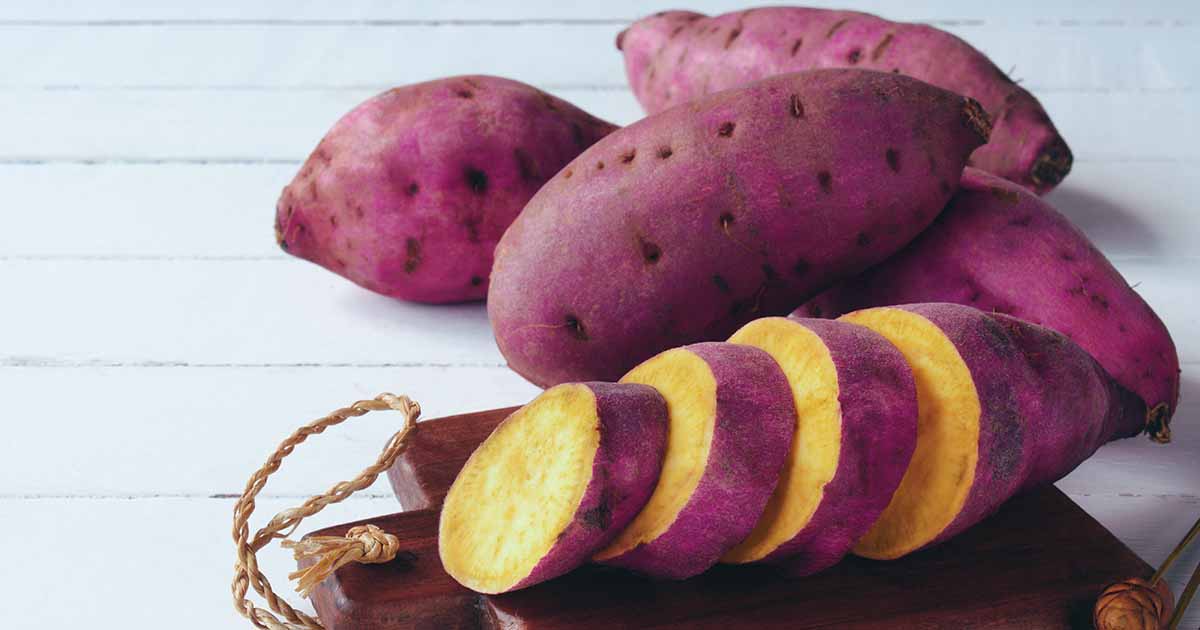
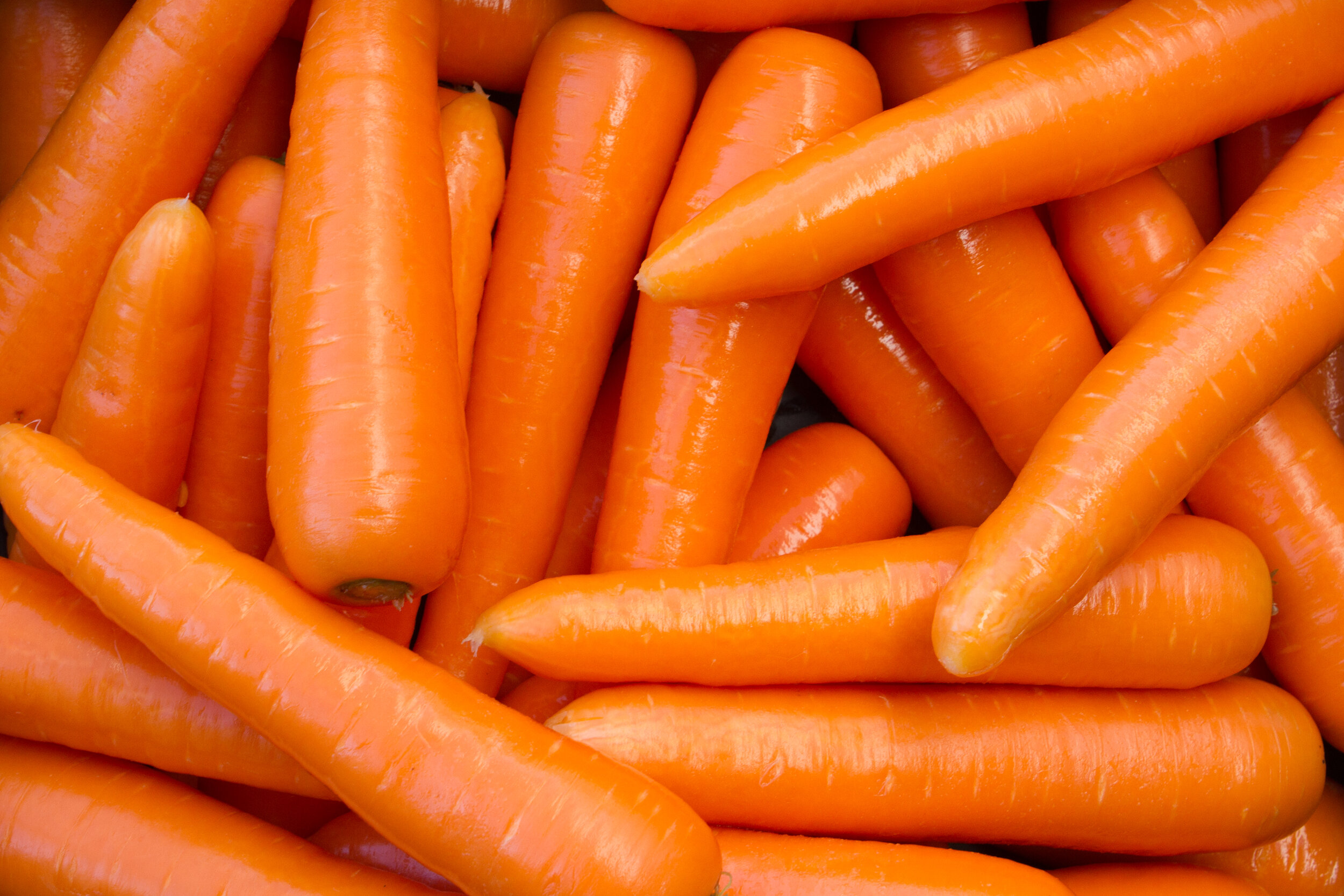
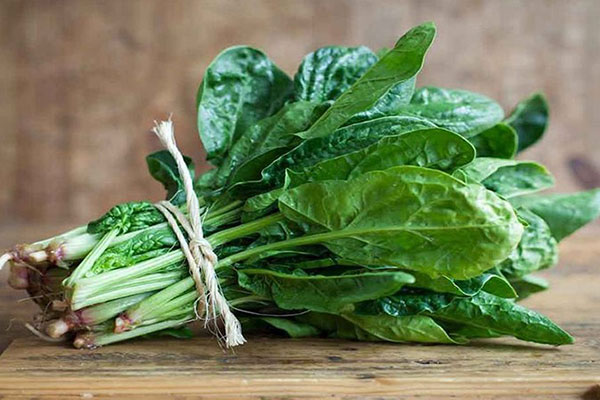
:max_bytes(150000):strip_icc()/butternutsquashPong-Photo9-7e4cd084a6e7451295de3d74e7848e34.jpg)
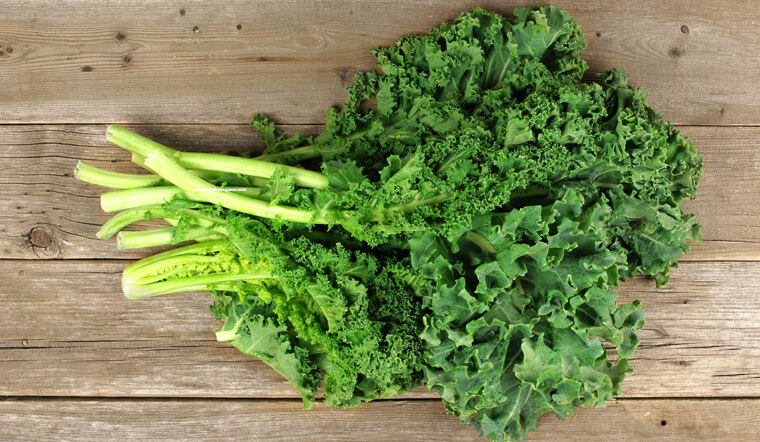

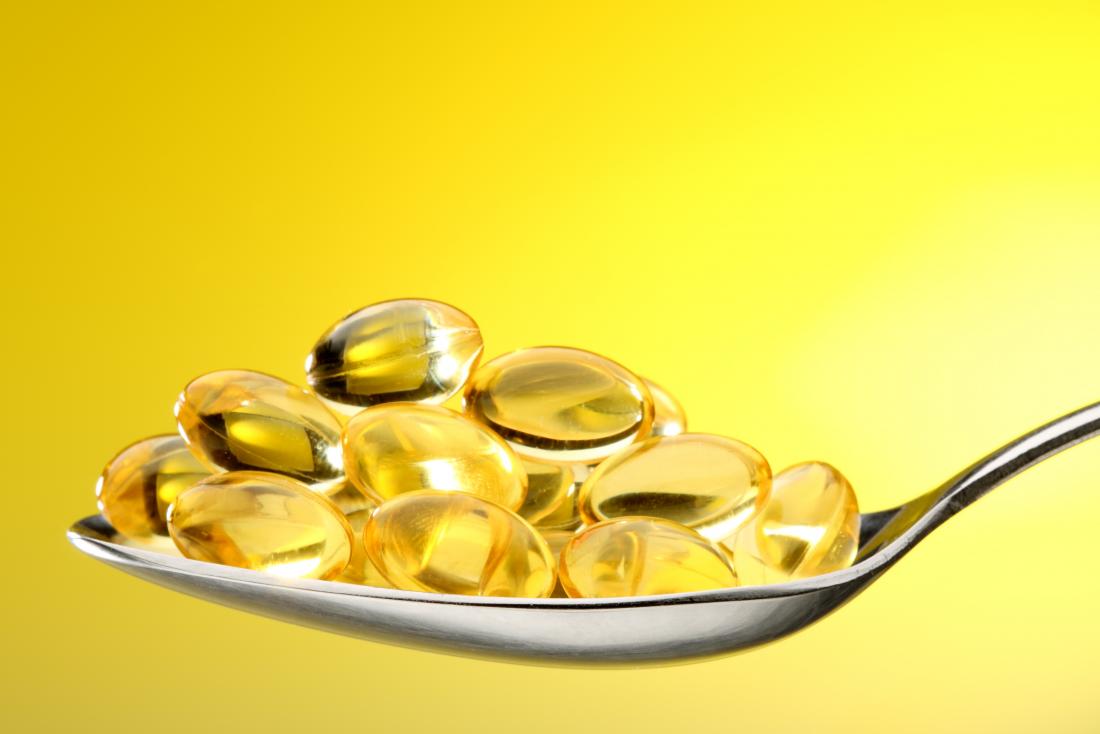



Comments
Post a Comment